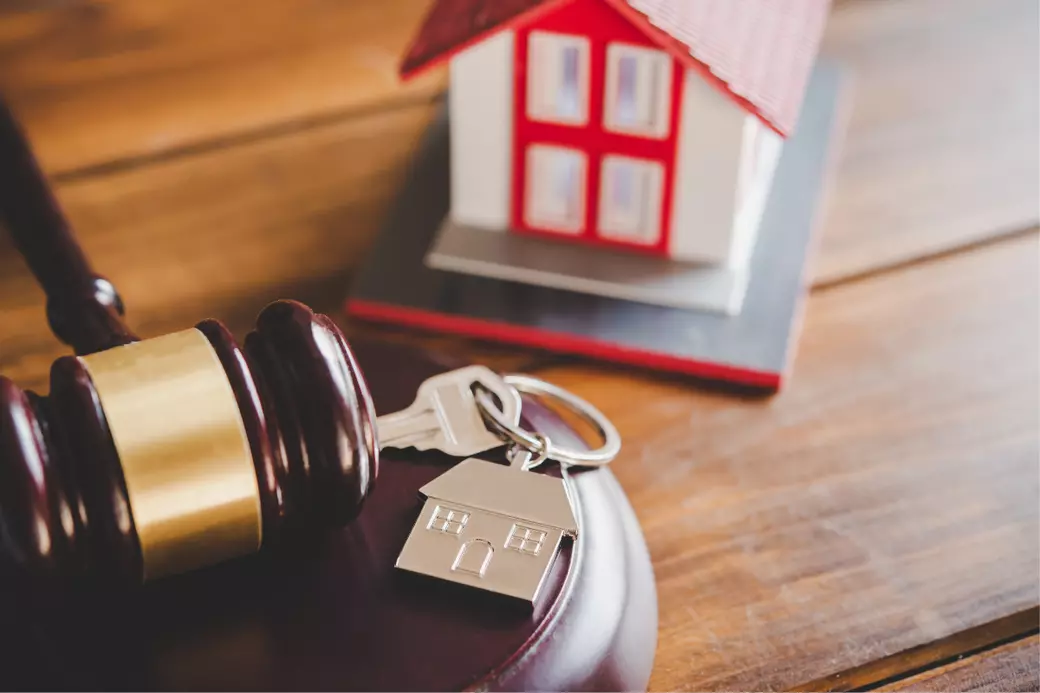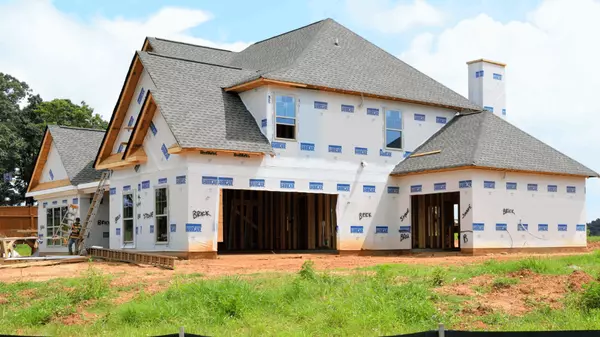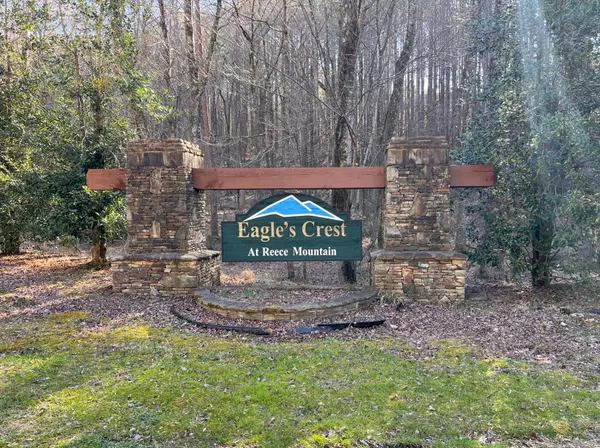Understanding Zoning Laws and Restrictions When Buying Land in Georgia

Understanding Zoning Laws and Restrictions When Buying Land in Georgia
Introduction
Zoning laws can make or break a real estate investment. Whether you're purchasing land to build a home, start a business, or invest in a development project, zoning regulations dictate how that property can be used. In Georgia, zoning laws vary from county to county, making it crucial to understand local ordinances before finalizing a land purchase. Without due diligence, you may find yourself owning a property that doesn’t legally permit your intended use.
This guide provides an in-depth look at zoning laws in Georgia, how they impact property value, and what you should know before buying land.
What Are Zoning Laws?
Zoning laws are regulations that control land use and development. These laws, enforced by local governments, determine whether a property can be used for residential, commercial, industrial, agricultural, or mixed-use purposes.
In Georgia, zoning laws exist to:
- Promote orderly development and community planning
- Protect property values
- Regulate building density and environmental impact
- Ensure safety and sustainability in urban and rural areas
Since zoning laws are set at the city and county levels, no two areas in Georgia have identical regulations. Understanding local ordinances is essential before purchasing land.
Types of Zoning in Georgia
Zoning classifications dictate how land can be used. Here’s a breakdown of common zoning categories in Georgia:
1. Residential Zoning
- Designed for housing developments, including single-family homes, townhomes, and apartment complexes.
- Restrictions may include lot size, building height, and setback requirements.
- Some areas enforce HOA (Homeowner Association) regulations, further limiting property modifications.
2. Commercial Zoning
- Allows for business operations such as retail stores, offices, and restaurants.
- May have additional regulations on parking, signage, and building aesthetics.
- Some properties require special permits for certain business activities.
3. Industrial Zoning
- Reserved for manufacturing plants, warehouses, and distribution centers.
- Strict environmental regulations may apply, especially concerning noise, pollution, and hazardous materials.
- Access to highways and transportation infrastructure is often a deciding factor in industrial zoning.
4. Agricultural Zoning
- Protects farmland and prevents urban sprawl.
- May include restrictions on residential or commercial development.
- Some counties regulate the number of livestock allowed per acre.
5. Mixed-Use Zoning
- Integrates residential, commercial, and sometimes industrial elements within the same area.
- Popular in urban areas to encourage walkability and reduce reliance on vehicles.
- Often seen in revitalization projects and downtown districts.
Key Considerations Before Buying Land
Before purchasing land in Georgia, consider these factors:
1. Zoning Maps & Local Ordinances
- Every county and municipality in Georgia has zoning maps available through their planning and zoning departments.
- These maps define specific zoning classifications and restrictions for each parcel of land.
2. Land Use Restrictions
- Easements: Legal allowances for utilities or neighboring properties to access parts of your land.
- Covenants & Deed Restrictions: Private agreements that may limit property modifications or land use.
- Environmental Protections: Properties near wetlands, rivers, or protected habitats may have additional development restrictions.
3. Access to Utilities & Infrastructure
- Does the land have access to public water, sewer, and electricity?
- Is the road leading to the property public or private?
- If utilities aren’t available, what are the costs of installing septic systems or alternative energy sources?
How Zoning Laws Affect Property Value & Investment
Zoning laws have a direct impact on a property’s value and potential uses. For instance:
- Rezoning approvals can dramatically increase land value by permitting more profitable uses.
- Properties with strict zoning restrictions may appreciate at a slower rate compared to those with flexible development options.
- Investors should assess long-term zoning trends to determine whether an area is expected to become more valuable.
Navigating Zoning Changes & Variances
If a property’s current zoning doesn’t align with your plans, you may have options:
1. Applying for Rezoning
- Landowners can request a zoning change through their local zoning board.
- The process involves public hearings and must align with the county’s Comprehensive Development Plan.
- Rezoning is not guaranteed and often requires community support.
2. Requesting a Zoning Variance
- A variance allows property owners to bypass specific zoning rules (e.g., setback requirements).
- Must demonstrate undue hardship or that the variance won’t negatively impact surrounding properties.
- Approval is typically granted on a case-by-case basis.
Legal & Financial Implications
Ignoring zoning laws can lead to significant legal and financial consequences, including:
- Fines and penalties for non-compliance.
- Inability to use the property as intended without expensive rezoning applications.
- Legal disputes with neighbors or local governments over improper land use.
To avoid these pitfalls:
- Conduct thorough due diligence before purchasing land.
- Consult with a real estate attorney or local zoning expert.
- Verify zoning restrictions before making financial commitments.
Conclusion
Understanding Georgia’s zoning laws is essential for making informed real estate decisions. Whether you’re purchasing land for personal use, business expansion, or investment, local zoning ordinances will shape what you can and cannot do.
Before finalizing a purchase, ensure you’ve researched zoning maps, checked for restrictions, and consulted with professionals. Need guidance on navigating Georgia’s zoning laws? Reach out for expert advice to ensure your land investment aligns with your goals.
Categories
Recent Posts











